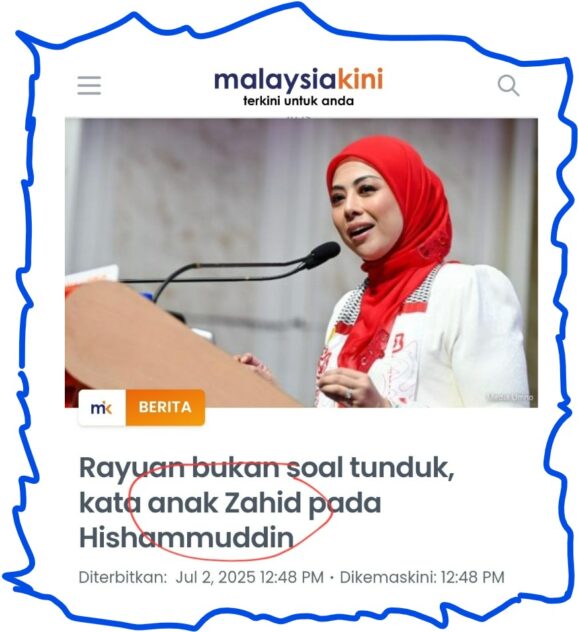By Sharan Raj
HIGHWAY concession policy remains one of the most controversial policies inherited from Tun Dr Mahathir Mohamad’s first regime. Barisan Nasional led by Tun Abdullah Ahmad Badawi and Datuk Seri Najib Razak continued to expand tolled highway concessions.
Post 14th General Election (GE-14), Mahathir led Pakatan Harapan (Pakatan) poured cold water on their promise to abolish tolls, stating that it required RM400 bil to acquire the highways concession companies to abolish the tolls.
However, abolishing the highway concessions for the interstate national highways and daily commuting highways would only cost about RM37 bil and RM21 bil, respectively.
There are two kinds of highways in Peninsula Malaysia; interstate national highways and daily commuting highways. The interstate national highways are the ones that connect all states in the Peninsula such as the North-South Expressway (PLUS), Lebuhraya Pantai Timur (LPT), KL-Karak and West Coast Expressway. The daily commuting highways are the highways used and paid for by the working class to travel to work daily. The daily commuting highways are mostly concentrated between Sungai Buloh to Seremban, in South Johor and in Penang.
The tolled interstate national highways could be retained but the daily commuting highways need to be abolished to reduce cost of living for urbanites. Putrajaya could abolish the daily commuting highway by paying the outstanding bonds to terminate the highway concession agreements.
According to a document by Maybank Kim Eng, the outstanding highway bond amount is about RM58 bil in 2019.
The outstanding bond for all the highways and bridges under PLUS Bhd is about RM30 bil. The construction cost for Lebuhraya Pantai Timur 1 and KL-Karak under ANIH Bhd is RM1.8 bil. The construction cost for West Coast Highway under IJM Bhd is RM5 bil. The cumulative cost of the interstate national highways is not more than RM37 bil leaving RM21 bil for daily commuting tolls.
Therefore, abolishing the daily commuting highway concession agreements granted by Putrajaya requires just RM21 bil, about 5% from the initial projected RM400 bil.
Abolishing highway concessions, instead of acquiring the concession company, had been used by Putrajaya before to end tolls at the Eastern Dispersal Link. The 8.1 km highway in Johor Bharu was built at a cost of RM1.2 bil by Malaysian Resources Corp Bhd (MRCB). The Eastern Dispersal Link begun toll collection in 2014 but suffered from serious underutilisation requiring an annual bailout of RM132 mil per annum.
On Jan 1, 2018, Putrajaya ended the concession agreement for the Eastern Dispersal Link 2018 for RM1.3 bil to settle the bonds.
The cost of maintain the tolled highways in the Peninsula is about RM2 bil. Meanwhile, Putrajaya is expected to pay a compensation bailout worth RM2.25 bil to several highways’ concession companies. The annual cost of compensation is higher than maintaining the highways themselves.
Acquiring the highway concession companies demands a huge premium due to future profits which is unnecessary because Putrajaya had ensured risk-free profits for them, including favourable policies such as fuel subsidies and poor public transport.
Spending RM21 bil for abolishing daily commute highways should probably not be an immediate priority for the Government during the ongoing health and economic crisis.
However, it can be done in future – but only if the right-wing career politicians do not protect the future profits of their highway capitalist cronies. – July 11, 2021
Sharan Raj is a human rights activist, environmentalist and infrastructure policy analyst.
The views expressed are solely of the author and do not necessarily reflect those of Focus Malaysia.









